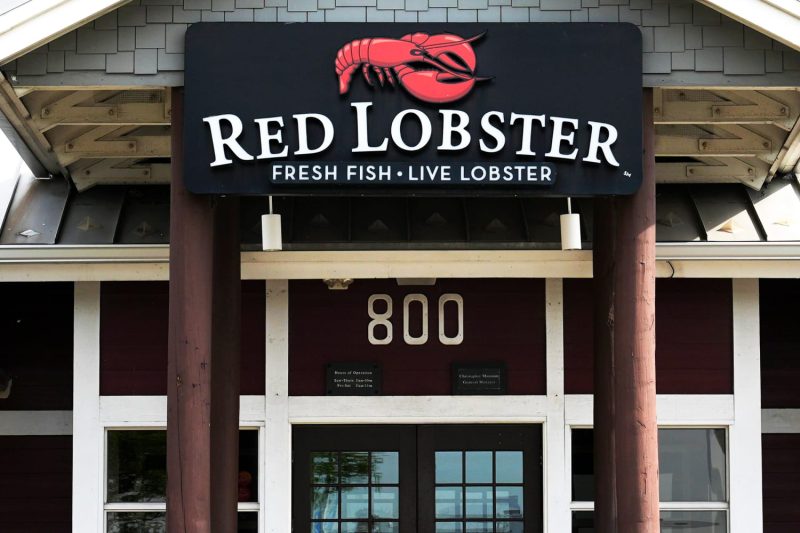In recent years, there have been various instances where beloved brands have fallen victim to financial struggles. One such example is Red Lobster, a popular seafood chain that experienced a decline in its fortunes. While many may assume that factors like menu choices or operational decisions led to its downfall, a closer look reveals that the real culprit may have been private equity involvement.
The story of Red Lobster serves as a cautionary tale about the implications of private equity’s influence in the world of business. When Golden Gate Capital acquired the restaurant chain in 2014, it marked a significant turning point for Red Lobster. Private equity firms often have a primary goal of maximizing profits for their investors, and this can sometimes clash with the long-term sustainability and growth of the businesses they acquire.
One key issue that arose following the acquisition was the burden of debt placed on Red Lobster. Private equity buyouts frequently involve leveraging significant amounts of debt to make the acquisition, putting financial strain on the acquired company. In the case of Red Lobster, the debt load resulted in pressure to generate immediate profits, leading to decisions that may not have been in the best interest of the brand’s long-term health.
Another consequence of private equity involvement is the focus on cost-cutting measures to boost profitability. Red Lobster saw changes in its menu offerings and portion sizes, a move that alienated some of its loyal customer base. The emphasis on short-term gains often comes at the cost of brand loyalty and customer satisfaction, which are crucial for the sustained success of any business.
Furthermore, private equity firms may lack the industry-specific knowledge and operational expertise needed to successfully manage businesses like Red Lobster. The seafood industry is unique, with specific challenges and nuances that require a deep understanding to navigate effectively. When decisions are made purely based on financial motives without considering the intricacies of the business, the results can be detrimental.
While private equity can bring financial resources and strategic insights to the table, the case of Red Lobster highlights the need for a balance between financial goals and the long-term viability of a brand. Sustainable growth and success require a holistic approach that considers not just short-term profits but also the brand’s reputation, customer experience, and industry dynamics.
In conclusion, the decline of Red Lobster was not solely due to factors like menu choices or operational missteps but rather the influence of private equity and its focus on short-term financial gains. By understanding the implications of private equity involvement and the importance of a balanced approach to business management, companies can strive for enduring success in an ever-evolving market landscape.
